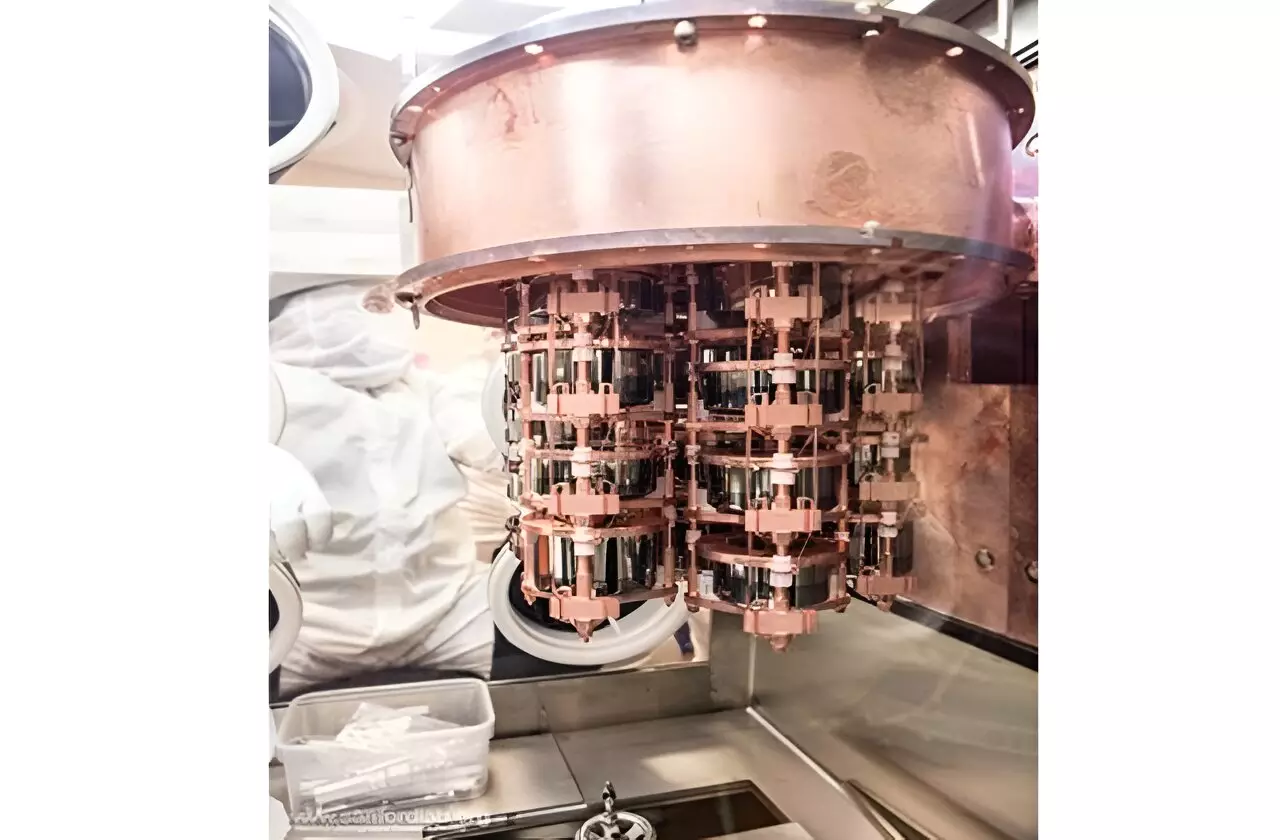The scientific community has long been intrigued by the concept of dark matter, a mysterious substance that makes up a significant portion of the universe’s mass but does not interact with ordinary matter in a way that is easily detectable. Scientists have theorized that dark matter may be composed of particles, and efforts to detect these particles have led to the development of some of the most sensitive experiments ever built.
One such experiment, known as the Majorana Demonstrator, is a radiation detector designed to search for interactions with dark matter particles. The experiment is conducted deep underground to shield it from ambient radiation, and its detectors are extremely sensitive to small energy jolts that may be generated by collisions with dark matter particles. Despite its capabilities, the Majorana Demonstrator has thus far not detected the expected signals from dark matter.
The results of the Majorana Demonstrator experiment allow scientists to update the limits on the possible mass of dark matter in various models. While the experiment did not directly detect dark matter, it has provided valuable insights that can help guide future research efforts. By ruling out certain types of dark matter signals predicted by theoretical models, the experiment has narrowed down the characteristics of potential dark matter particles.
The Majorana Demonstrator experiment involved collaboration between a range of universities and laboratories, highlighting the interdisciplinary nature of the research. Scientists working on the project focused on searching for various types of elusive dark matter candidates, including sterile neutrinos and bosonic and fermionic dark matter. The experiment’s sensitive detectors and extensive reach across multiple fields of physics underscore its importance in the quest to understand dark matter.
If dark matter is eventually detected, it would represent a significant breakthrough in our understanding of the composition of the universe and physics beyond the Standard Model. The research conducted using the Majorana Demonstrator data set contributes to a growing body of knowledge that could one day unlock the secrets of dark matter and revolutionize our understanding of the cosmos.
While the search for dark matter continues to present challenges, experiments like the Majorana Demonstrator play a crucial role in pushing the boundaries of scientific discovery. Through collaborative efforts and cutting-edge technology, scientists are gradually unraveling the mysteries of dark matter and paving the way for groundbreaking advancements in the field of physics.



Leave a Reply